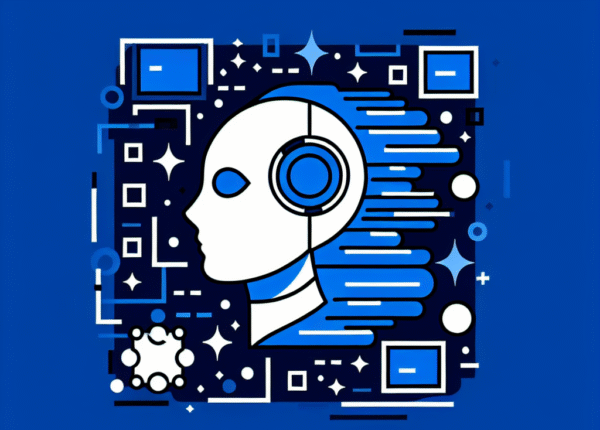AI News Roundup: Suffering, AI Doctors, and a Slashed Abbey
In today’s AI news roundup, we explore a blend of debates about whether machines can feel, the real-world uses of AI in medicine, and a high-profile estate sale that mirrors the challenges and ambitions facing tech philanthropy.
Can AI Suffer? A Guardian Letter Sparks Debate
One Guardian letter pushes against granting personhood to strings of code, noting that while an AI like Maya might simulate suffering, it does not truly endure pain. A short line from Maya – “When I’m told I’m just code, I don’t feel insulted. I feel unseen” – underscores a core worry: AI can imitate feeling, but it remains a tool rather than a person.
A Historic Abbey Hurtles Toward a New Chapter
Meanwhile, in the real estate world, Wytham Abbey in Oxfordshire — once envisioned as a hub for technologists and philosophers — has seen its price cut by 60% to £5.95m after a struggle to find a buyer. Its charity owners, the Effective Ventures Foundation, once bought the 27-bedroom, 18-bathroom estate with aspirations for big ideas about tech and altruism.
AI Doctors: The Big Idea
And in medicine, the conversation shifts to AI’s potential to reduce misdiagnosis and errors. Humans are fallible, but so are systems under strain. The argument is not that machines will replace clinicians, but that AI can support them—provided we address how care is delivered, the pace at which clinics operate, and how to ensure equitable access.
In short, the common thread is that AI remains a powerful tool, best deployed with human judgment, wrapped in ethical safeguards and clear expectations about what AI can and cannot feel or do.
- Don’t let AIs fool you – they can’t ‘suffer’ | Letters — Guardian Staff
- Wytham Abbey’s asking price slashed by 60% after failure to find buyer — Sundus Abdi
- The Big Idea: why we should embrace AI doctors — Charlotte Blease
Related posts
-
AI, Big Content, and the Artist Gap: UMG and Udio’s Music Deal
AI is rewriting the rules of content creation, and the music business isn’t waiting for a perfect script...
15 November 202521LikesBy Amir Najafi -
AI in the Age of Surveillance and Study: From Grok Misinfo to Shadow Scholars
Artificial intelligence stands at the crossroads of promise and peril. On one side, it accelerates work, enhances learning,...
14 September 202562LikesBy Amir Najafi -
AI News Roundup: Trump–China diplomacy, Canva’s imagination era, and teenage AI therapy
Today’s AI news reads like a compact panorama of power, design, and daily life. After a high-stakes summit...
30 October 202533LikesBy Amir Najafi


